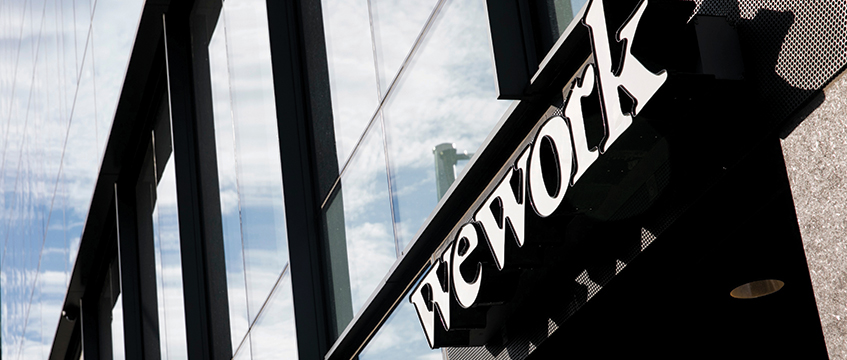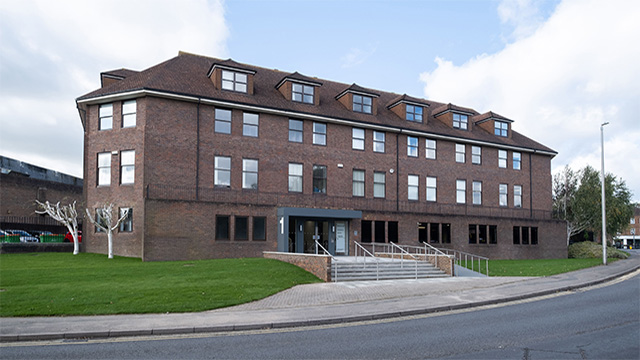WeWork confirms plans for job cuts across EMEA
WeWork has begun formal talks with its staff across EMEA as it looks to restructure the business following its aborted initial public offering in September.
A WeWork spokesperson said: “WeWork is in conversation with employees in EMEA as we make changes to our operating model and workforce in light of our refocused strategy.
“Leadership has been diligent in its decision making, and we are committed to treating our colleagues fairly and with respect.
WeWork has begun formal talks with its staff across EMEA as it looks to restructure the business following its aborted initial public offering in September.
A WeWork spokesperson said: “WeWork is in conversation with employees in EMEA as we make changes to our operating model and workforce in light of our refocused strategy.
“Leadership has been diligent in its decision making, and we are committed to treating our colleagues fairly and with respect.
“Looking ahead, WeWork will continue to focus on our core workspace business in the EMEA region and on providing our members with an exceptional experience.”
The changes are not expected to impact WeWork’s community teams in its buildings.
Its main investor SoftBank last month agreed to step in after WeWork abandoned its IPO with a $10bn deal which gave it an 80% stake in the business.
WeWork is now seeking to balance its growth with becoming profitable and will “grow at a slower pace” which is “a significant shift” for the business, a source said.
This change in plans would mean “fewer roles” being required and that WeWork was “rightsizing to support its new business plan”, the source added.
However, during a presentation of SoftBank’s latest financial results its chief executive, Masayoshi Son, said he wanted WeWork to “pause constructing new offices”.
“Already, about one month ago, we stopped new agreements. This is maintained for maybe three to four years until we see stabilisation of profitability,” he added.
Son said there may be exceptions in areas that are already profitable, such as Tokyo. But, in principle, SoftBank wants WeWork to stop taking any new space as it makes up around half of the company’s costs.
Son also wants to “terminate” WeWork’s “non-core businesses” by either selling or closing them down to focus on its core offering.
He admitted his judgment was “not right” when it came to WeWork or its co-founder, Adam Neumann, as he revealed SoftBank’s first quarterly loss in 14 years.
“Well, he had good sides and bad sides to be honest. I over-estimated Adam’s good side, which I should have known better. And his negative side, in many cases I turned a blind eye, especially when it came to the governance,” Son said.
“He was so energetic and passionate and aggressive. Such nature, such quality. He was excellent and WeWork’s product was brilliant and users of WeWork were happy.
“I learned a harsh lesson from that experience.”
Son remained focused on turning around WeWork. He said he was aiming for the business to have EBITDA of $1bn within five to six years, although he admitted that this turnaround of WeWork might only enable SoftBank to recoup its investment.
SoftBank has invested $4.5bn directly and $3bn from its vision fund and invested an outstanding commitment of $1.5bn at the end of October.
It has reported an operating loss of ¥704,368bn (£5bn) in the second quarter and a loss before tax of ¥565,447 bn (£4bn).
The business expects to record a loss of ¥497.7bn in its full-year results in March after WeWork’s valuation after its abandoned IPO fell to $7.8bn at the end of September.
To send feedback, e-mail louise.dransfield@egi.co.uk or tweet @DransfieldL or @estatesgazette











